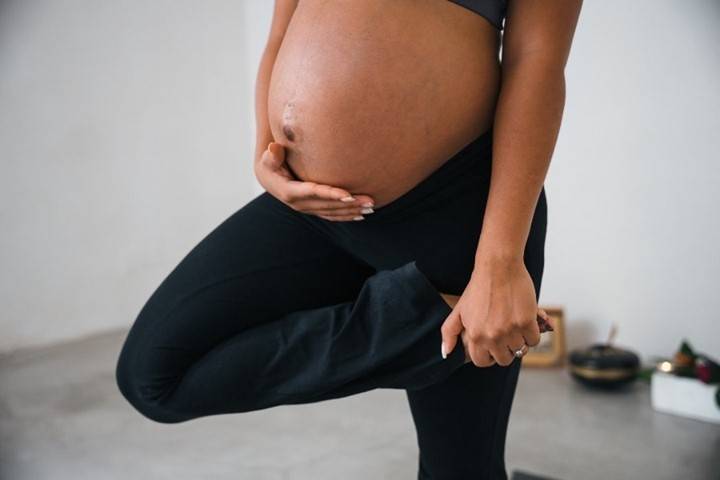When Susan Wamaitha started feeling sick a year ago, she thought it was the side effects of a contraceptive pill she had started taking a few months earlier - but it turned out that she was eight weeks pregnant.
The 32 year old is now a mother of three children. Unbeknown to her, the pill that she began using in June 2021 was banned in Kenya. Its street name in Kenya is "Sofia" but it is manufactured in China and all the details about the product on the packaging are only written in Chinese. A translation of the first line says it contains "Levonorgestrel Fast Estradiol Tablets".
The pill is a "long-acting oral contraceptive", according to the second line. Then there is information about the manufacturer on the third: "Zizhu Pharmaceutical Co Ltd". The sale of the pill was prohibited by Kenya's authorities 10 years ago because of high levels of levonorgestrel - more than 40 times the recommended levels. Levonorgestrel is a hormonal medication used in a number of birth control methods. The health ministry did not share the full lab results about its findings, but said children conceived after the pill failed were found to have developed early puberty.
Headaches and nausea
"I did not know it was banned. Many of my friends were using it and had no side effects," Ms Wamaitha told the BBC. Like many other Kenyan women, she was attracted to the pill by its affordability and the convenience of taking it only once a month. Women tend to buy the Sofia tablet each month - most suppliers will not sell it in bulk. Each pill costs between 300 Kenyan shillings ($2.50; £2.20) and 400 Kenyan shillings. Other family planning methods available in the country include the daily contraceptive pill. A month's supply costs about $1.70 from government hospitals but their stock is not always guaranteed so women then have to buy it from pharmacies for considerably more.
This makes the hormonal implant that lasts three months, offered at state clinics at a cost of around $5, and various intrauterine devices, like coils, that last several years and cost up to $9, more common alternatives. Condoms are offered for free in public offices and toilets but sometimes run out, though they can be bought in shops. "Because I had a non-hormonal copper T-shaped coil that was giving me back pains, I decided to remove it and use the pill," Ms Wamaitha told the BBC.
She was also impressed that her friends who recommended Sofia had not gained any weight - a key consideration for her as she says she struggles with keeping the pounds off. However, right from the beginning she did not feel great on it - though she thought it would just take time for her body to get used to the new medication as she had to take two pills initially followed by one a month. "I started having headaches and nausea. The first month I missed my period," Ms Wamaitha said. But she did not worry as she had her period the following month. It was only when it skipped again in the third month that she began to get concerned. Her husband then started researching the contraceptive pill and that is when he found out it had been banned. "We started panicking about using a banned pill and when I realised I was pregnant I was worried about the effects it may have on my baby," she said. They now have a healthy three-month-old girl, but the couple are upset by the lack of information and possible implications for their daughter as she grows up.




